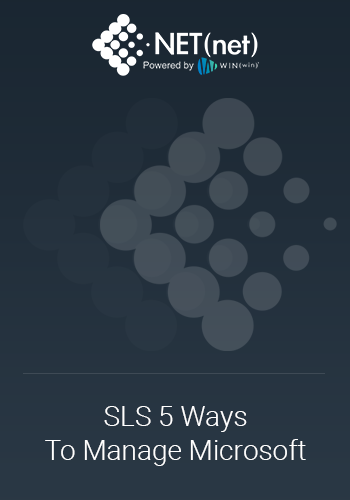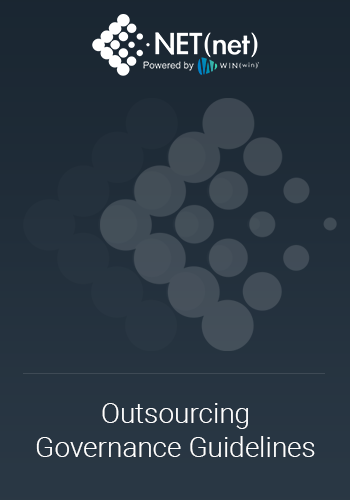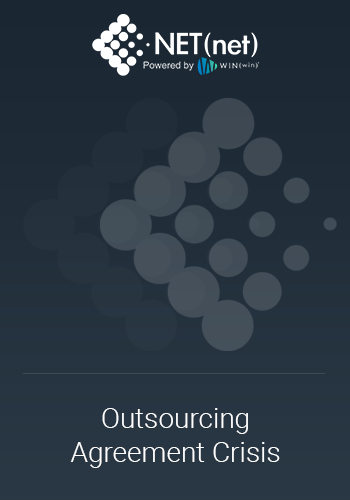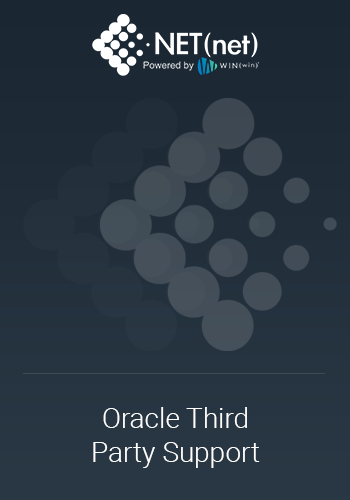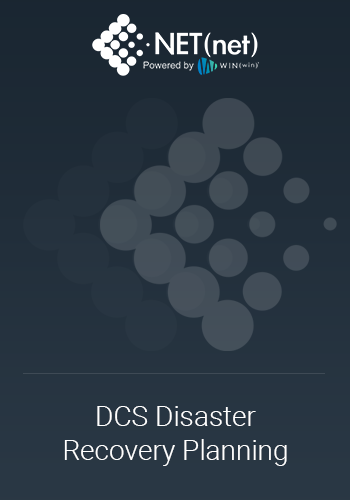How do you ensure your Microsoft deal doesn't end up costing way more than anticipated? After doing thousands of Microsoft deals over the last dozen or so years, we know all too well that the hard work starts after the deal is signed. In many people's minds, "the deal" is complete when negotiations are done, deal terms and pricing agreed and contracts and PO's executed. But in fact, "the deal" can't be complete until all promised goods and services are delivered, on time, at or below estimated cost, and with suitable quality and acceptance by the client. Unfortunately, in many cases, the supplier's view of the deal is conversely focused on ...
Read More
Oracle have you seeing RED, and concerned about spending too much GREEN? When it comes to draconian supplier policies, perhaps no one makes their customers see more RED than Oracle. Many times, seeing Oracle RED also costs you too much of your hard earned GREEN. We have documented over 40 major issues that routinely cost our clients too much GREEN when it comes to dealing with Oracle. Below, we discuss the Top 5 Ways Oracle Makes You See RED. The Top 5 Ways Oracle Makes You See RED and Costs You Too Much GREEN: 5. Bundling of Support 4. Re-Pricing Provision 3. Matching Support Policy 2. Binding of Legacy Maintenance 1. Oracle Audits 5: ...
Read More
Satya Nadella is Microsoft’s next CEO confirming, again, that Microsoft views “the cloud” as the company’s strongest bet for future growth and continued dominance of the enterprise software world. Previously, he was executive vice-president of Microsoft's Cloud and Enterprise group – and that should be all the information that enterprise IT managers need to know about where Microsoft wants to go in the future (taking enterprise customers along for the ride of course). I think this truly is a key inflection point in Microsoft’s history, even beyond the obvious changing of the guard from the old Gates / Ballmer duo, and the rather distinct ...
Read More
Microsoft is gradually rolling out an entirely new volume licensing agreement structure for enterprise customers, previewed in blog posts here: Transformation on the Horizon for Microsoft Volume Licensing and Microsoft Makes Sweeping Changes to its Volume-Licensing Plans Reading between the lines: the key concept is "committed" - like they've been doing with EAP / ECI agreements, you only get the great volume pricing when / if you include Software Assurance for every device / installation in the enterprise. For many enterprises that's a deal-killer. Example: SQL Server. The current EAP agreement requires all SQL instances to be "included" - ...
Read More
Microsoft has announced price increases effective November 1, 2013, for products including Windows Server Datacenter, RDS CALs and a new contract format, the "Server & Cloud Enrollment” (SCE). Click HERE to read the announcement. And so continues Microsoft’s historic pattern of increasing prices ahead of new version releases, and the usual autumn price bumps they post. This year it’s mostly about Windows Server and “RDS” which is the Citrix/Terminal Server/virtual desktop piece, along with related products. Also, on the cloud front, new Azure capabilities (maturity) with bundling/pricing tie-ins to EA’s, via this new SCE agreement ...
Read More
The old adage that the customer is always right is no longer passé as the IT market shifts from traditional, perpetual license agreements to cloud subscriptions. Old habits die hard, however, and most customers need to be shaken from the Stockholm syndrome that decades of painful negotiations and paying exorbitant maintenance fees have left them with. The most symptomatic effects are far more subtle than positive feelings toward their supplier-captors; rather, it’s the belief that suppliers’ values reign supreme. Consider, for example, how Oracle treats its customers within a negotiation for incremental licensing. To summarize, contract ...
Read More
As perhaps the most famous and successful pair of tag-team tech executives in history, Bill Gates and Steve Ballmer built the Microsoft empire by first co-opting the operating system of the new PC devices, then learning from the lessons of their new business partner IBM about how to build and enforce monopolistic "lock-in" over their customers and partners. As their market position and strength increased, they engineered long term growth and dominance by using aggressive pricing and licensing tactics, combined with a constant churning of the core product bundles (but always relying on Windows first, then Office, then servers). Microsoft's ...
Read More
You've all heard that Microsoft CEO Steve Ballmer is ‘retiring’ within the next 12 months. Many are now speculating on who will be the new CEO. Here is my short-list in order of probability: Bill Gates. Gates is still young, he's still the biggest shareholder of Microsoft, and much like when former Vice-President Dick Cheney led the VP search for former President George W. Bush, he may just find that there's no one better than him for the job. Tony Bates. Bates is the former CEO of Skype, an $8.5 billion acquisition for Microsoft, and has the consumer driven product experience to transform Microsoft into a commercialized mobile powerhouse ...
Read More
Your strategic supplier's performance no longer meets your company's requirements. Your contractual agreements don't offer the levers you need to govern organizational value. The value of your supplier investments no longer align to the costs you are being charged. You've tried to escalate the situation and resolve these issues to no end; your supplier relationship is broken. Hey -- it happens. Worse yet, the new class of Software-as-a-Service (SaaS), and cloud computing suppliers have shifted the line of supplier accountability deeper into your supply chain, putting more at stake, and making it more difficult to effectively manage supplier ...
Read More
As apocalyptic as that headline may sound, pigs aren't readying their flight gear just yet. Rather, Oracle and Microsoft simply agree that the cloud can save you money on hardware and data-center operations. Unfortunately, they also agree that those savings should go directly into their pockets at the same offensively high rate margins as always. In fact, depending on your definition of cloud, neither Oracle nor Microsoft is in the cloud business whatsoever and all the announcements in the world mean nothing. Even Oracle’s own cloud offering is the 15 year-old On Demand service (out of Austin, TX) re-marketed in fashionable terminology. It’s ...
Read More



